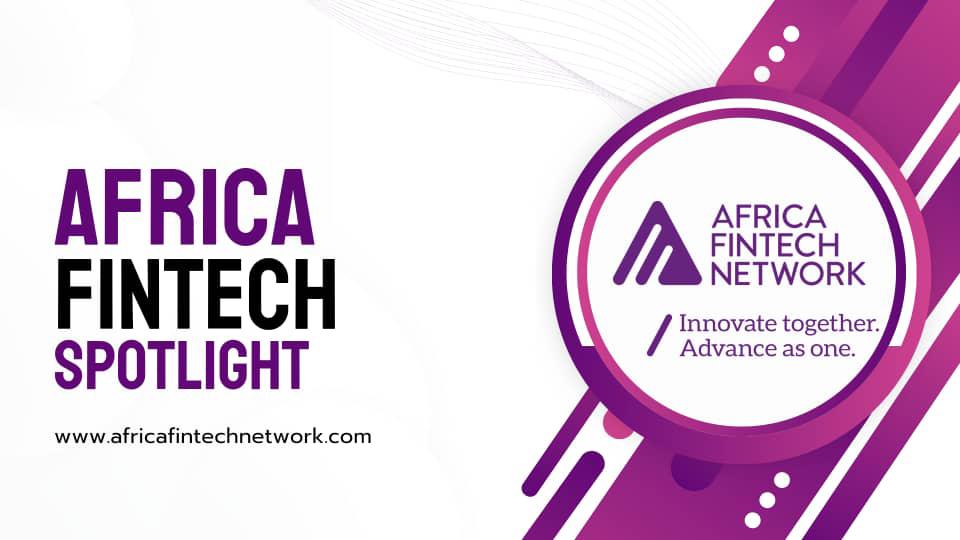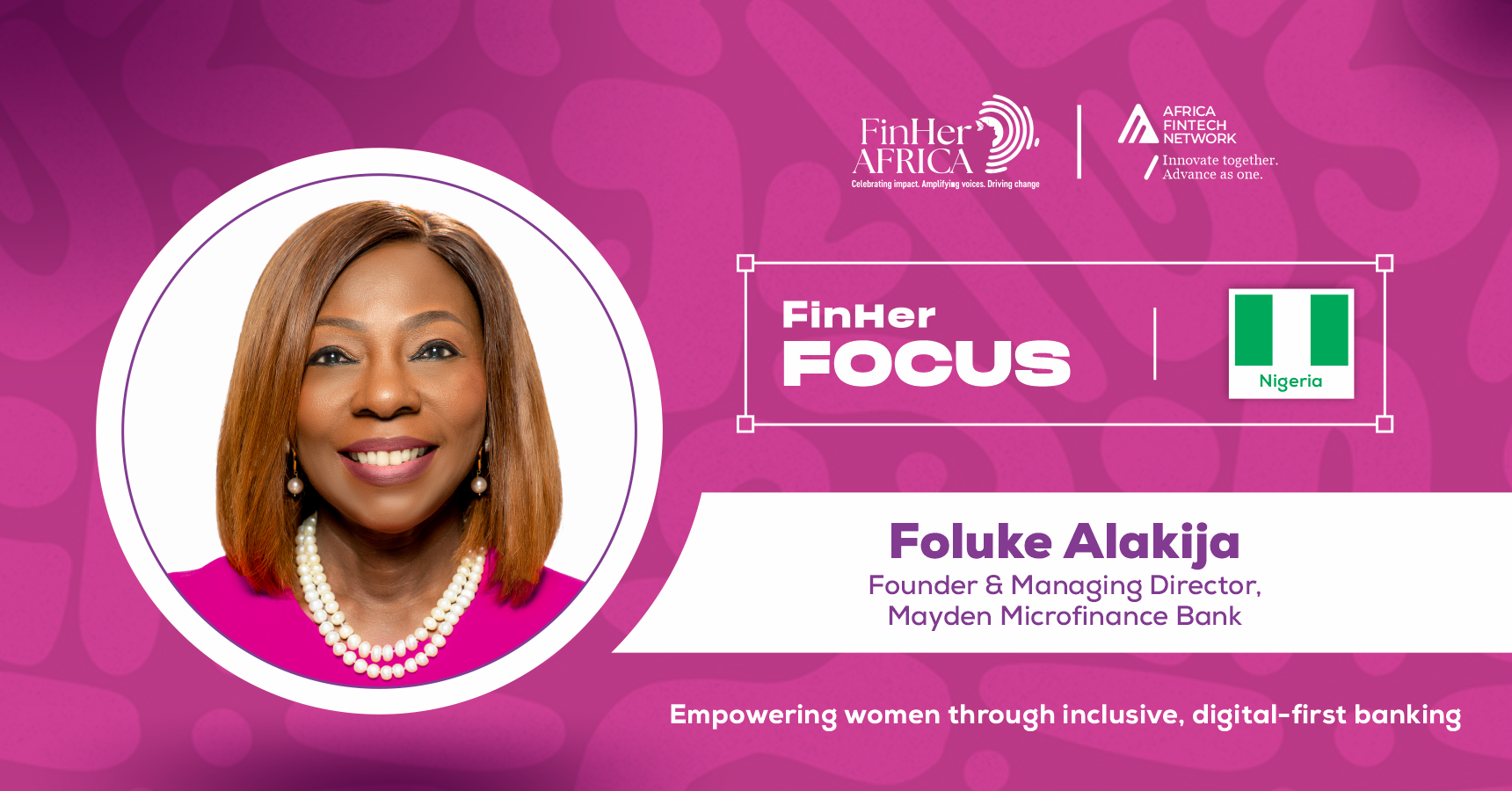
Africa Fintech Spotlight
Canada-Africa Fintech Summit – Canada-Africa Fintech Convergence – Nurturing Talents, Fueling Growth, Forging Cross-Border Prosperity for Sustainability
For more info., check here: www.cafsummit.com
Nigeria Leads Africa in Blockchain-Powered Financial Innovation
As African central banks navigate the challenges of modernizing financial systems, the Central Bank of Nigeria (CBN) has distinguished itself as a leader in merging regulatory oversight with technological advancements. Unlike other nations that remain cautious in adopting emerging technologies, Nigeria has actively embraced blockchain, Central Bank Digital Currencies (CBDCs), and financial technology (fintech) solutions to create a more inclusive and efficient financial landscape.
A recent decision by the CBN to approve a strategic collaboration between the Nigeria Inter-Bank Settlement System (NIBSS) and Zone has drawn considerable attention. This initiative, which enables Payment Terminal Service Aggregator (PTSA) functions on a regulated blockchain, represents a significant milestone in the integration of blockchain technology within a controlled financial framework. By implementing this approach, Nigeria has positioned itself at the forefront of regulated blockchain adoption on a national scale, a development that remains largely unprecedented globally.
Scoop: Flutterwave UK has been on a quiet rise, recording £5.4 million turnover in 2023
Flutterwave UK Limited, the British subsidiary of the African payments giant has quietly built a profitable business abroad.
However, its UK turnover appears relatively modest, suggesting a potential emphasis on non-UK markets like Nigeria or non-UK-specific service lines like its enterprise offering. In October 2023, the fintech said its enterprise business was its biggest revenue driver while retail products had little contribution to revenues.
The UK entity was incorporated in February 2017 with three directors—Iyinoluwa Aboyeji (its first CEO), Olugbenga Agboola (then CTO), and Adeleke Adekoya (chief compliance officer). Over time, other directors have been named like Stella Nneka Obi-Okoji and Mobolaji Bammeke. Notably, the company’s first significant financial activity was recorded in 2021.
Read more: https://thecondia.com/flutterwave-uk-turnover-hit-5-4-million/
FG’s electronic money transfer revenue rose by 107% in Dec powered by Opay, Moniepoint, other fintechs
The Federal Government’s revenue on the Electronic Money Transfer Levy (EMTL) surged to N31.2 billion in December 2024 following the introduction of the levy to transactions made on Fintech platforms, making it the highest of any month.
The record, contained in revenue-sharing data released by the Federation Account Allocation Committee (FAAC), explained that the December revenue surpassed the N15.046 billion recorded in November by 107 per cent. This increase was spurred by the inclusion of financial technology platforms like Opay, Kuda, Moniepoint and others into the tax net.
It was also revealed that the three tiers of government comprising Federal, State, and Local governments shared a total of N1.424 trillion based on collected statutory revenue, Value Added Tax (VAT), and electronic money transfer levy collected in December.
Read more: https://technext24.com/2025/01/20/electronic-money-transfer-levy-increase/#google_vignette
The burgeoning market opportunities for cross-border payments in Africa
This article was contributed by Osideinde Adewale. COO, Bitnob, Oluwaseyi Otunla, COO OneKard and Nika Naghavi, Deals and Strategic Partnerships Director, Zeps (WorldRemit and Sendwave) as part of the Emerging Trends in Cross-Border Payments: A Growth Guide for Stakeholders report authored by Aroghene Favour Ndulu and Paschal Okeke.
E-commerce and digital marketplaces top the list of sectors with the most significant potential for growth in cross-border payments. With more people shopping internationally for better deals, platforms like AliExpress, Shein, and the latest Temu are thriving. They’ve simplified cross-border payments, breaking down barriers for buyers globally, including in Africa.
Next is freelancing and remote work, which have reshaped global hiring. US and European companies hire from Africa’s talent pools, driving demand for effective cross border payroll systems.
Read more: https://techcabal.com/2025/01/20/cross-border-payments-africa-market/
5 Key Strategies For Fintech Success In 2025
There’s no shortage of opportunity in the African digital financial services sector. However, this doesn’t mean that fintechs can just show up and grow. There are established fintech brands operating alongside new players in diverse markets. Businesses from other sectors, such as telcos, are developing fintech services while next-generation financial services providers are innovating and entering the neobanking arena. The industry is best described as dynamic.
Despite the diversity of products and approaches on the continent, there are definitely key trends that lead to sustainable growth. Reviewing 2024 and looking ahead to next year, here are five strategies that will go a long way to determining a fintech’s success in Africa.
Read more: https://cioafrica.co/5-key-strategies-for-fintech-success-in-2025/
Swedish central bank calls for more action by banks on Tips cross-currency project
The ECB, the Riksbank and Danmarks Nationalbank have been working together for some time on the initiative to make instant payments possible between euros, Swedish kronor and Danish kroner.
The Riksbank is inviting Swedish banks to participate in the initiative, joining discussions on the design of the TIPS cross-currency service and actual testing of it.
Per Jansson, deputy governor of the Riksbank, says: “The Riksbank has long been working to make it easier to make payments between different currencies. In addition, the G20 has a global goal of making cross-currency payments more secure, more efficient and cheaper. The work on Tips cross-currency is an important step towards making this a reality but it also requires cooperation between central banks and the market. We are therefore keen for Swedish banks to express their interest in participating in this work.”




